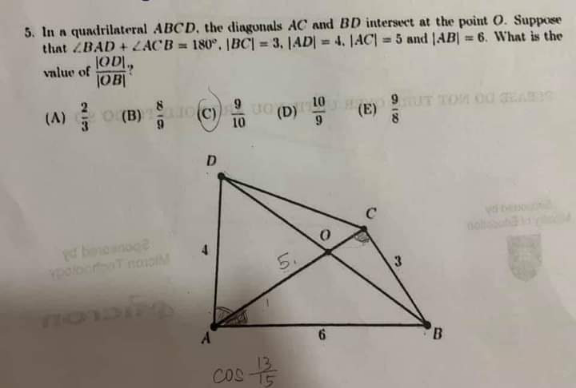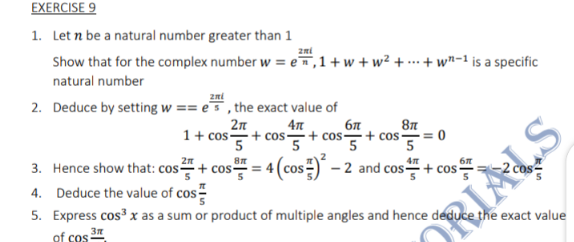
AllQuestion and Answers: Page 727
Question Number 146840 Answers: 2 Comments: 0

Question Number 146839 Answers: 0 Comments: 0

Question Number 146838 Answers: 1 Comments: 0
Question Number 146837 Answers: 0 Comments: 0
Question Number 146836 Answers: 0 Comments: 0
Question Number 146835 Answers: 2 Comments: 0
Question Number 146824 Answers: 1 Comments: 0

Question Number 146868 Answers: 1 Comments: 0
Question Number 146817 Answers: 1 Comments: 0

Question Number 146856 Answers: 0 Comments: 0
Question Number 146799 Answers: 1 Comments: 0

Question Number 146791 Answers: 1 Comments: 0
Question Number 146790 Answers: 1 Comments: 0
Question Number 146784 Answers: 2 Comments: 2

Question Number 146782 Answers: 1 Comments: 0
Question Number 146780 Answers: 1 Comments: 0
Question Number 146778 Answers: 1 Comments: 0
Question Number 146776 Answers: 0 Comments: 2

Question Number 146775 Answers: 3 Comments: 0
Question Number 146793 Answers: 1 Comments: 0
Question Number 146772 Answers: 1 Comments: 0
Question Number 146771 Answers: 1 Comments: 0
Question Number 146767 Answers: 1 Comments: 0
Question Number 146764 Answers: 0 Comments: 0
Question Number 146761 Answers: 1 Comments: 1
Question Number 146758 Answers: 2 Comments: 0
Pg 722 Pg 723 Pg 724 Pg 725 Pg 726 Pg 727 Pg 728 Pg 729 Pg 730 Pg 731
